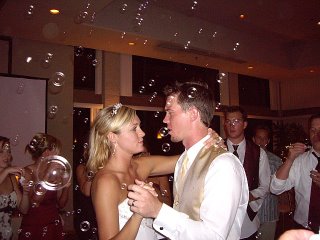
I've begun work on my masters. This includes reading, for a class titled Resurrection in the New Testament, N.T. Wright's historical look at the resurrection (both the actual event and the belief of the earliest Christians about the resurrection) called The Resurrection of the Son of God. (How many times can you say "resurrection" in one sentence?)
It has been argued by various theologians, and even some historians, that a historical look into the resurrection either cannot, or should not be done. One theologian, Hans Frei, (whom I happen to like, what little of his work I have gotten around to reading or reading about) falls in the "shouldn't be done" camp. He says that the resurrection is the starting point for any truly Christian epistemology, therefore nothing can be known about it without already knowing it. So the attempt of a Christian historical inquiry into the resurrection will collapse into itself.
Wright obviously disagrees to some extent. He does agree that the resurrection is at the base of any Christian epistemology, but argues that a historical study should be done because it could help one move from one epistemology to a better (more Christian) epistemology. He cites the apostle Thomas as an example. After seeing and touching the actual wounds on the body of the resurrected Jesus he believed.
On this issue I have a few thoughts/questions that I'm looking for some helpful discussion on. One: if we take embodiment seriously then a historical investigation into the resurrection should not prove harmful or fruitless, right? But, two: does such an inquiry, and even Wright's assertion that said inquiry can help move one from one (pagan) epistemology to another (Christian) epistemology, suppose a secular, or "neutral" realm that I have previously rejected thanks to John Wright and my reading in Radical Orthodoxy? (This is basically Frei's protest restated from a slightly different angle.)
From where I am in my thinking right now I don't think Wright's assertion necessarily does presume such a realm. It only does if we compartmentalize events and interpretation of said events. Since we cannot remove interpretation, we cannot remove faith, and only divinely delivered faith will lead to correct interpretations, even of a Christian historical inquiry into the resurrection.
Perhaps I have been guilty of completely disembodying faith. Yes, only faith can make the move from one epistemology to another, Christian epistemology happen. But perhaps God can and will use such a historical study to move one to a Christian worldview. Stated this way, the person would not be moved by unguided human reason but by God, making himself close, holding the spheres together with his presence moment by moment.
Do you agree? Or am I way off?
















